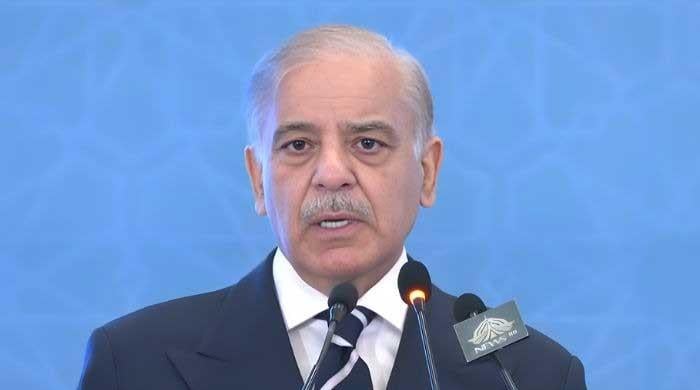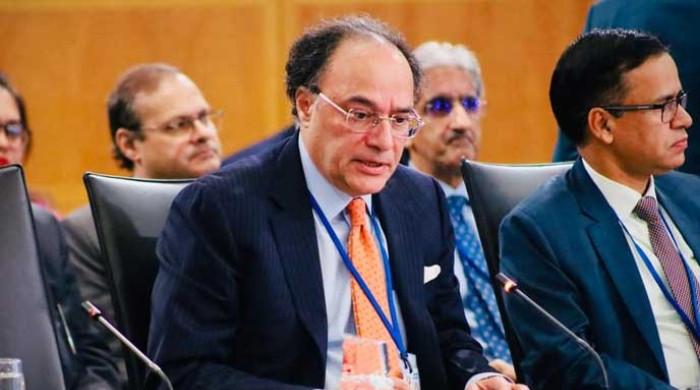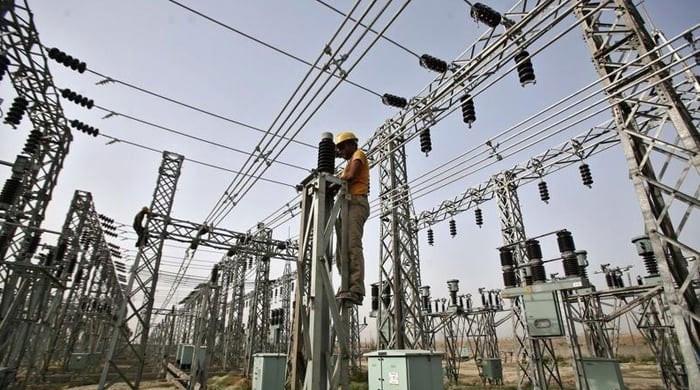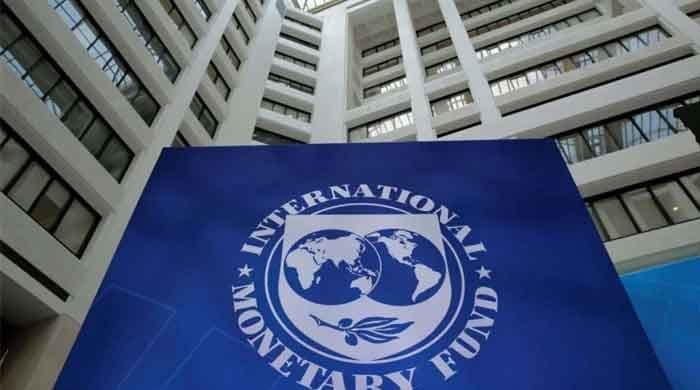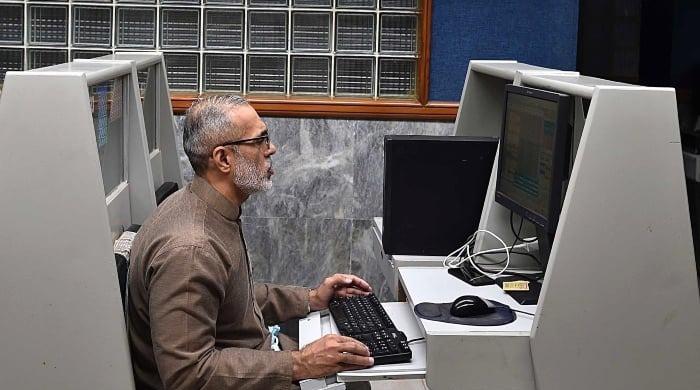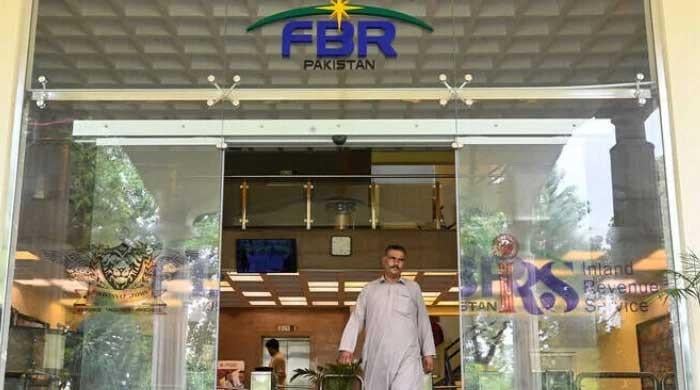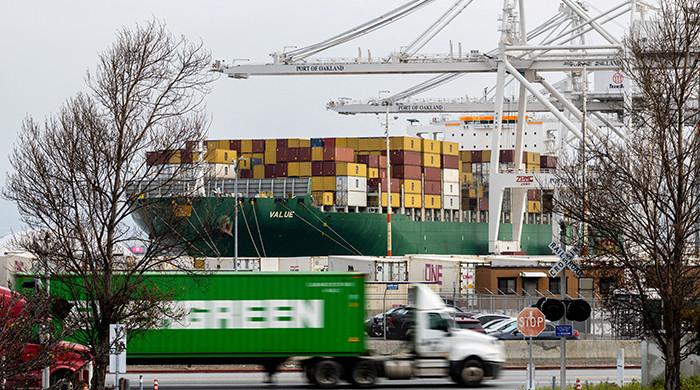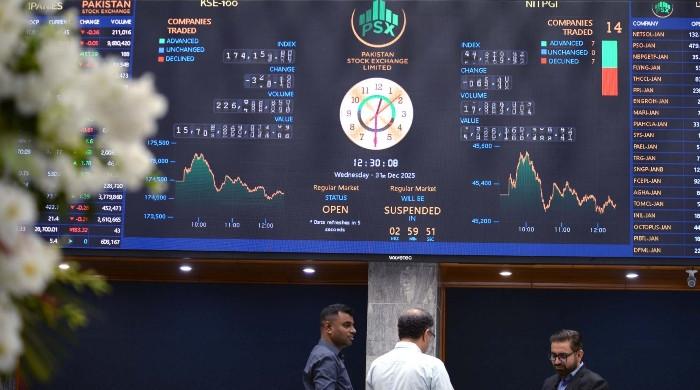Pakistan strikes $1.3 billion development deal with World Bank
Pakistan signs agreement with World Bank to work on seven projects aimed at improving several sectors
March 26, 2021
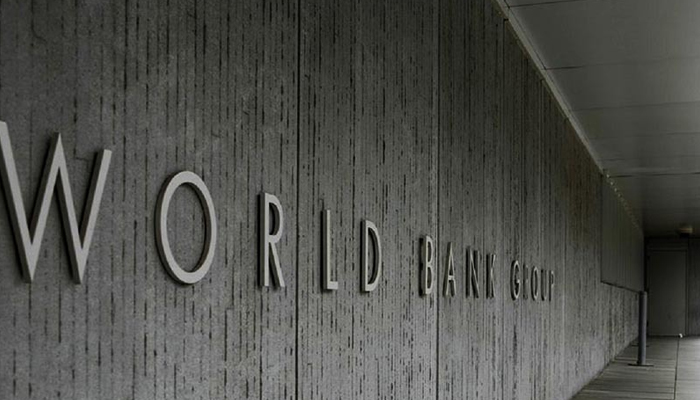
- Pakistan signs agreement with World Bank to work on 7 projects.
- Projects aim at improving social protection, infrastructure, governance.
- WB assures continuous financial and technical support to Pakistan.
Pakistan has reached an agreement with World Bank to work on seven projects worth $1.3 billion aimed at improving social protection, infrastructure, and governance, a statement from the Ministry of Economic Affairs said Friday.
Minister for Economic Affairs, Makhdum Khusro Bakhtyar witnessed the signing ceremony of seven project agreements at the Ministry of Economic Affairs.
"This financing will support the government’s initiatives in Social Protection, Disaster and Climate Risk Management, Improving Infrastructure for Resilience, Agriculture and Food Security, Human Capital Development and Governance Sectors," the statement said.
The agreement includes the Crisis-Resilient Social Protection Programme (CRISP) worth $600 million. The objective of the programme is to support the development of a more adaptive social protection system that will contribute to future crisis-resilience among poor and vulnerable households in the country.
"The programme is focused on the key initiatives being undertaken by Benazir Income Support Program (BISP) under the Ehaas Conditional Cash Transfer (CCT) programmes," the statement said.
The second project worth $200 million is the Locust Emergency and Food Security Project that will introduce a set of customised activities — such as conducting locust surveillance and controlling operations, rehabilitating livelihoods of affected rural communities and farmers — to effectively address the desert locust outbreak.
The third project worth $200 million is the Khyber Pakhtunkhwa Human Capital Investment Project.
It aims to improve the availability, utilisation, and quality of primary healthcare services and elementary education services in four districts — Peshawar, Nowshera Haripur, and Swabi — of KP that have been hosting refugees.
The Sindh Resilience Project worth $200 Million — the fourth project — is to mitigate flood and drought risks in selected areas and strengthen Sindh’s capacity to manage natural disasters and public health emergencies.
"The project will support the establishment of the Sindh Emergency Service, including the development of six divisional headquarters operational facilities, provision of equipment, and training of personnel," it said.
It will also support the construction of 35 small rainwater-fed recharge dams in drought-prone regions of Sindh including Karachi, Jamshoro, Thatta, Dadu, and Nagarparker in Tharparkar districts.
The fifth project and sixth projects, Balochistan Livelihood and Entrepreneurship, and Balochistan Human Capital Investment Projects, worth $86 million aim to promote employment opportunities for rural communities; achieve sustainability of enterprises, and improve utilisation of quality health and education services in the province.
The final and seventh project, the Supporting Institutional Interventions for Management of Refugees Project, worth $50 million, aims to improve organisational and institutional capacity for managing refugees and host communities.
Secretary Ministry of Economic Affairs Noor Ahmed signed the financing agreements on behalf of the federal government, while representatives of Sindh, KP, and Balochistan signed their respective project agreements online.
World Bank's Country Director Najy Benhassine signed the agreements on behalf of the World Bank. The country director assured his institution's continuous financial and technical support to Pakistan in a bid to promote inclusive and sustainable economic growth in the country.




